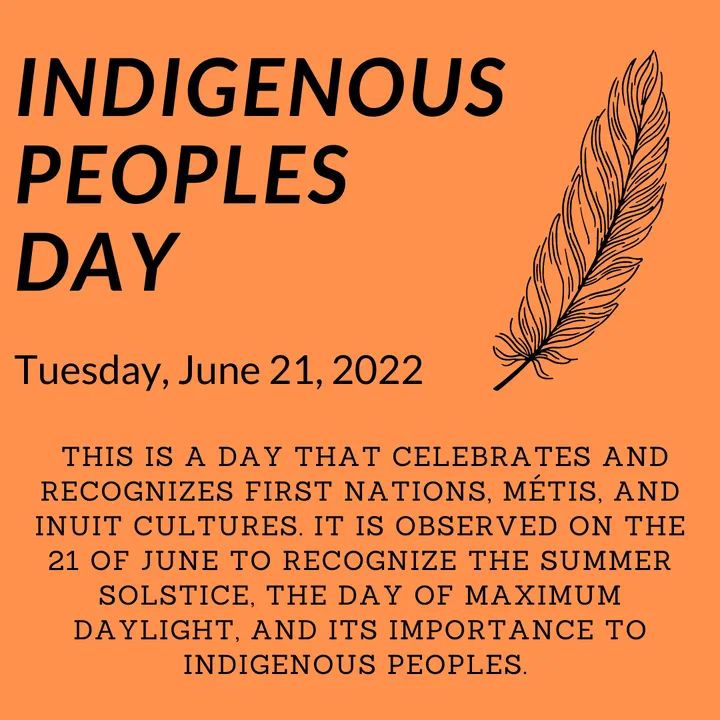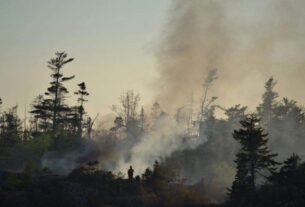**** DND Media Release
New Indigenous spiritual symbols for military headstones are unveiled at the National Military Cemetery
During a solemn ceremony at the National Military Cemetery (NMC) at Beechwood Cemetery in Ottawa, the Canadian Armed Forces (CAF) unveiled the first two symbols representing Indigenous spirituality for military headstones. The two symbols are the First Nations Medicine Wheel and the Métis Infinity symbol.
In spring 2021, the NMC acknowledged the need to personalize the final resting place of Indigenous CAF members and Veterans in order to better represent their spirituality. A consultation process was launched in order to engage with Elders and Indigenous groups to ensure that appropriate signs would be selected.
The addition of First Nations and Métis spirituality symbols to the military headstones of the NMC is made with respect to the various traditions unique to Indigenous communities across Canada. The Commander of the Canadian Army and Defence Team Champion for Indigenous Peoples, Lieutenant-General Jocelyn Paul, had the honour of revealing the symbols during the ceremony, which was also attended by Brigadier-General Dyrald Cross, Commander of Canadian Armed Forces Transition Group, and Captain (Navy) Bonita Mason, Chief of Staff to the Canadian Armed Forces Chaplain General.
Quick Facts
- This is the first time in the National Military Cemetery (NMC) history that Indigenous spirituality symbols are officially approved to be engraved on military headstones.
- It is now possible for Indigenous Canadian Armed Forces (CAF) members and Veterans to request that their Indigenous name be also engraved on their headstone at the NMC.
- There are eleven religious and spiritual symbols approved for engraving on military headstones at the NMC: Christianity (Cross), Judaism (Star of David), Islam (Crescent Moon), Buddhism (Wheel of righteousness), Hinduism (Om or Aum), Bahai (Nine Pointed Star), Sikhism (Khanda), Taoism (Yin-Yang), Wicca (Pentagram), Métis (Infinity Symbol) and First Nations (Medicine Wheel).
- Consultations with Elders and stakeholders are underway to determine the appropriate approach for the Inuit as their approach to spirituality and grief is different than that of First Nations and Métis. In some Inuit groups, the mourning process is very quick as life in the North is very challenging and it is important for survival that life goes on.
- The NMC was officially opened in June 2001. It is the resting place for all CAF members and Veterans whose death was either related to or not related to service, and have chosen to rest among their peers. Each grave also allows the inclusion of another deceased next-of-kin of the CAF member or Veteran.
- Only religious and spiritual symbols that have been authorized by the Office of the CAF Chaplain General are approved for engraving on headstones at the NMC.
- The NMC is part of Beechwood Cemetery in the National Capital Region and is managed in partnership by the Department of National Defence through the CAF Transition Group, Veterans Affairs Canada and Beechwood Cemetery.




